CRM
Use Cases for CRMs Beyond Sales
Customer Relationship Management is a system used to improve the relationship with customers by collecting and organizing relevant data.
Over time, CRM systems have emerged as the primary tools used to coordinate sales strategy, especially in prospecting new customers. This contradicts the essence of CRM since, after all, the relationship with a customer never ends with the first sale. Customer relationships are to be continually nurtured for effective business growth.
No company can exist without customers (or clients); business is predicated on delivering satisfaction to customers. Therefore, fostering a healthier customer relationship should be the connecting factor of all layers and divisions of an organization’s structure. Effective customer relationship management spans marketing, operations, product development, etc. including, of course, sales.
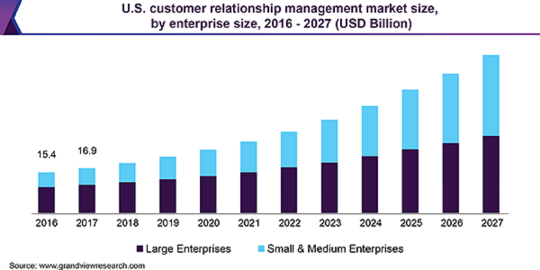
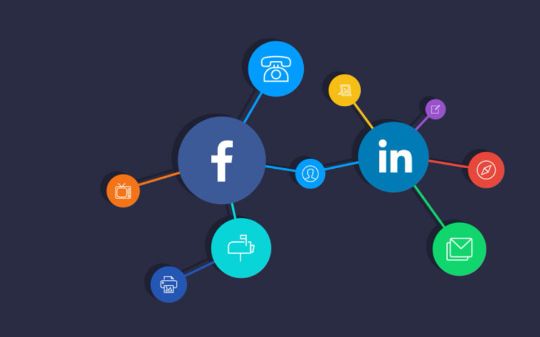
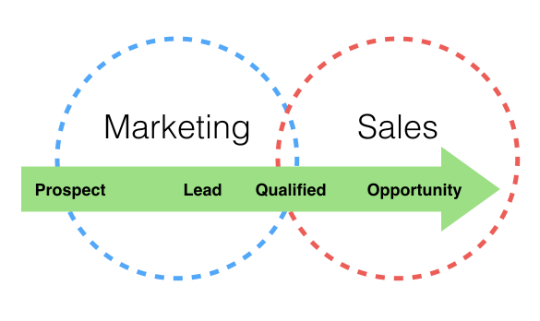

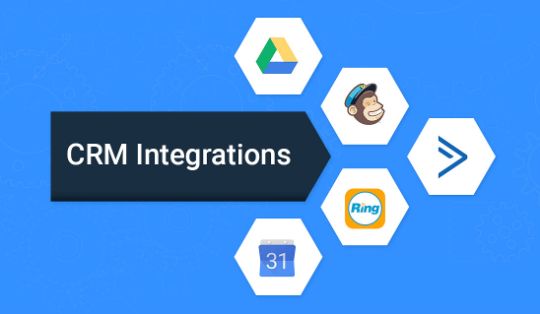
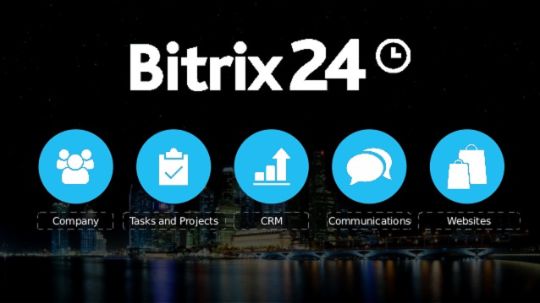
SOURCE: Business 2 community - Author: Joseph Chukwube
 .
.